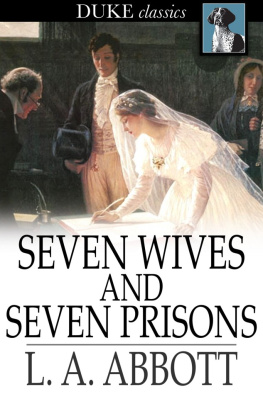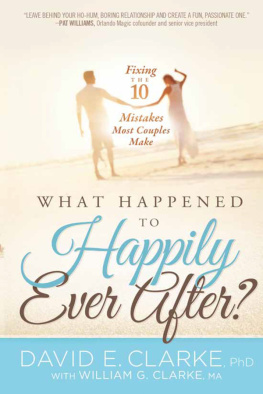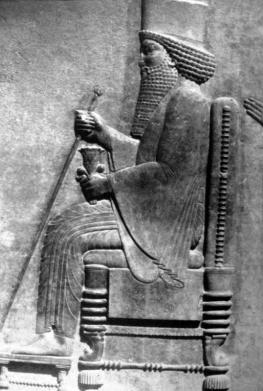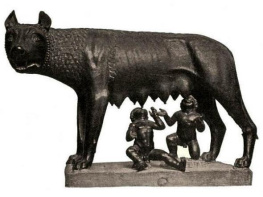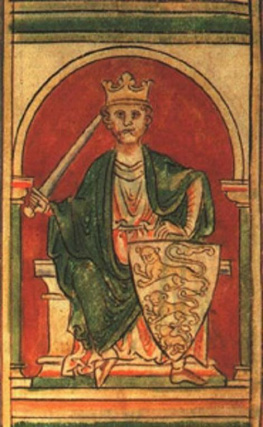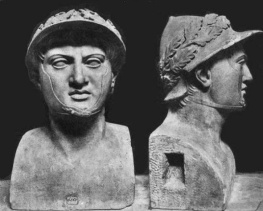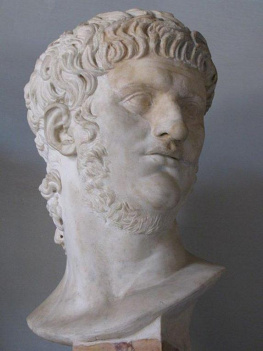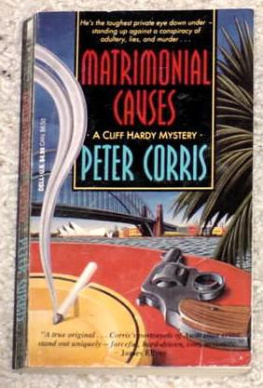SEVEN WIVES AND SEVEN PRISONS
OR, EXPERIENCES IN THE LIFE OF A MATRIMONIAL MONOMANIAC. A TRUE STORY
* * *
L. A. ABBOTT
*
Seven Wives and Seven Prisons
Or, Experiences in the Life of a Matrimonial Monomaniac. A True Story
First published in 1870
ISBN 978-1-63421-524-4
Duke Classics
2015 Duke Classics and its licensors. All rights reserved.
While every effort has been used to ensure the accuracy and reliability of the information contained in this edition, Duke Classics does not assume liability or responsibility for any errors or omissions in this book. Duke Classics does not accept responsibility for loss suffered as a result of reliance upon the accuracy or currency of information contained in this book.
Contents
*
Chapter I - The First and Worst Wife
*
MY EARLY HISTORYTHE FIRST MARRIAGELEAVING HOME TO PROSPECTSENDINGFOR MY WIFEHER MYSTERIOUS JOURNEYWHERE I FOUND HERTEN DOLLARS FORNOTHINGA FASCINATING HOTEL CLERKMY WIFE'S CONFESSIONFROM BAD TOWORSEFINAL SEPARATIONTRIAL FOR FORGERYA PRIVATE MARRIAGESUMMARYSEPARATION.
SOME one has said that if any man would faithfully write hisautobiography, giving truly his own history and experiences, the illsand joys, the haps and mishaps that had fallen to his lot, he could notfail to make an interesting story; and Disraeli makes Sidonia saythat there is romance in every life. How much romance, as well as sadreality, there is in the life of a man who, among other experiences,has married seven wives, and has been seven times in prisonsolely onaccount of the seven wives, may be learned from the pages that follow.
I was born in the town of Chatham, Columbia County, New York, inSeptember, 1813. My father was a New Englander, who married three times,and I was the eldest son of his third wife, a woman of Dutch descent,or, as she would have boosted if she had been rich, one of theold Knickerbockers of New York. My parents were simply honest,hardworking, worthy people, who earned a good livelihood, brought uptheir children to work, behaved themselves, and were respected by theirneighbors. They had a homestead and a small farm of thirty acres, and onthe place was a blacksmith shop in which my father worked daily, shoeinghorses and cattle for farmers and others who came to the shop from milesaround.
There were three young boys of us at home, and we had a chance to go toschool in the winter, while during the summer we worked on the littlefarm and did the "chores" about the house and barn. But by the time Iwas twelve years old I began to blow and strike in the blacksmithshop, and when I was sixteen years old I could shoe horses well, andconsidered myself master of the trade. At the age of eighteen, I wentinto business with my father, and as I was now entitled to a shareof the profits, I married the daughter of a well-to-do neighboringfarmer, and we began our new life in part of my father's house, settingup for ourselves, and doing our own house-keeping.
I ought to have known then that marrying thus early in life, andespecially marrying the woman I did, was about the most foolish thingI could do. I found it out afterwards, and was frequently and painfullyreminded of it through many long years. But all seemed bright enoughat the start. My wife was a good-looking woman of just my own age; herfamily was most respectable; two of her brothers subsequently becameministers of the gospel; and all the children had been carefully broughtup. I was thought to have made a good match; but a few years developedthat had wedded a most unworthy woman.
Seventeen months after our marriage, our oldest child, Henry, was born.Meanwhile we had gone to Sidney, Delaware County, where my father openeda shop. I still continued in business with him, and during our stay atSidney, my daughter, Elizabeth, was born. From Sidney, my father wantedto go to Bainbridge, Chenango, County, N.Y., and I went with him,leaving my wife and the children at Sidney, while we prospected. Asusual my father started a blacksmith-shop; but I bought a hundred acresof timber land, went to lumbering, and made money. We had a house aboutfour miles from the village, I living with my father, and as soon asfound out that we were doing well in business, I sent to Sidney formy wife and children. They were to come by stage, and were due, afterpassing through Bainbridge, at our house at four o'clock in the morning.We were up early to meet the stage; but when it arrived, the driver toldus that my wife had stopped at the public house in Bainbridge.
Wondering what this could mean, I at once set out with my brother andwalked over to the village. It was daylight when we arrived, and knockedloudly at the public house door. After considerable delay, the clerkcame to the door and let us in. He also asked as to "take something,"which we did. The clerk knew us well, and I inquired if my wife was inthe house; he said she was, told us what room she was in, and we went upstairs and found her in bed with her children. Waking her, I asked herwhy she did not come home, in the stage? She replied that the clerk downstairs told her that the stage did not go beyond the house, and that sheexpected to walk over, as soon as it was daylight, or that possibly wemight come for her.
I declare, I was so young and unsophisticated that I suspected nothing,and blamed only the stupidity, as I supposed, of the clerk in tellingher that the stage did not go beyond Bainbridge. My wife got up anddressed herself and the children, and then as it was broad daylight,after endeavoring, ineffectually, to get a conveyance, we started forhome on foot, she leading the little boy, and I carrying the youngestchild. We were not far on our way when she suddenly stopped, stoopeddown, and exclaimed:
"O! see what I have found in the road."
And she showed me a ten dollar bill. I was quite surprised, andverdantly enough, advised looking around for more money, which my wife,brother and I industriously did for some minutes. It was full four weeksbefore I found out where that ten dollar bill came from. Meanwhile, mywife was received and was living in her new home, being treated withgreat kindness by all of us. It was evident, however, that she hadsomething on her mind which troubled her, and one morning, about amonth after her arrival, I found her in tears. I asked her what was thematter? She said that she had been deceiving me; that she did not pickup the ten dollar bill in the road; but that it was given to her by theclerk in the public house in Bainbridge; only, however, for this: hehad grossly insulted her; she had resented it, and he had given her themoney, partly as a reparation, and partly to prevent her from speakingof the insult to me or to others.
But by this time my hitherto blinded eyes were opened, and I chargedher with being false to me. She protested she had not been; but finallyconfessed that she had been too intimate with the clerk at the hotel.I began a suit at law against the clerk; but finally, on account of mywife's family and for the sake of my children, I stopped proceedings,the clerk paying the costs of the suit as far as it had gone, and givingme what I should probably have got from him in the way of damages. Mywife too, was apparently so penitent, and I was so much infatuated withher, that I forgave her, and even consented to continue to live withher. But I removed to Greenville, Greene County, N. Y., where I wentinto the black-smithing business, and was very successful. We livedhere long enough to add two children to our little family; but as timewent on, the woman became bad again, and displayed the worst depravity.I could no longer live with her, and we finally mutually agreed upona life-long separationshe insisting upon keeping the children, andgoing to Rochester where she subsequently developed the full extent ofher character.

